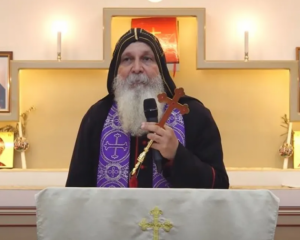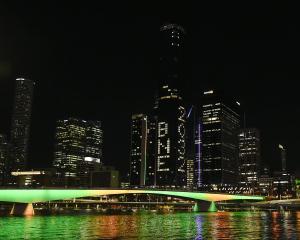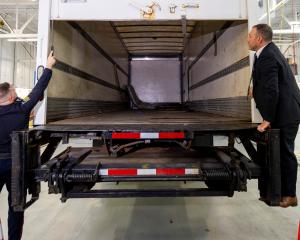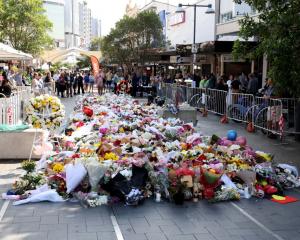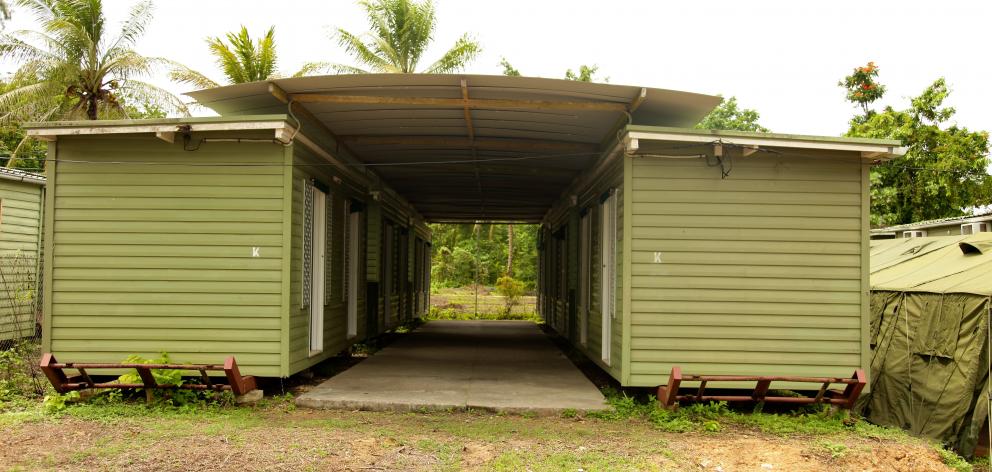
A man suffering from stomach and kidney problems had a stent inserted into his stomach and was told it would be removed after six weeks.
Eight months later, the stent remained in place and was pressing against his bladder, causing him to bleed.
The man - a refugee detained in Papua New Guinea - was then told by doctors there were no specialists in the country who could fix the problem.
Another detainee was rushed to hospital after collapsing - having suffered a heart attack nine months earlier - only to be discharged within hours because there was no equipment to properly diagnose him.
Amnesty International has detailed the cases in a new report, which warns that inadequate and declining healthcare services provided to detainees on Manus Island are putting lives at risk.
Researchers from the human rights organisation visited Port Moresby in November 2017 to speak with refugees and asylum seekers sent from Manus for medical treatment.
Amnesty says other men described waiting for months for treatment of suspected cancerous lumps, kidney stones, typhoid and dengue fever.
Also among their health complaints were gastric issues, vision impairment, mobility challenges and mental health problems.
Several refugees said they were told by medical professionals that treatment was not available in PNG due to a lack of equipment or specialists, but transfers to Australia had either been delayed or denied.
"Australia has gone to extraordinary lengths and enormous cost to implement its offshore detention policy, which is severely limiting refugees and asylum seekers' access to healthcare," Amnesty's refugee co-ordinator Graham Thom said on Friday.
"For as long as offshore processing continues, Australia is responsible for ensuring that refugees have prompt access to adequate healthcare, including by transfers to Australia."
Amnesty is particularly concerned mental health services have been wound back in recent months, pointing to two suspected suicides of detainees on Manus Island last year.
"In the wake of these tragedies, Australia has inexplicably cut counselling and trauma services," Mr Thom said.
The human rights group is also concerned about the removal of translators and an increased reliance on PNG's public hospitals for emergency and after-hours healthcare.
A contract with International Health and Medical Services, which provided healthcare for immigration detainees on Manus Island, ended last month.
A local contractor took over the following day, with the Home Affairs Department promising detainees would continue to have access to appropriate primary health services.
Amnesty has reiterated calls for an end to offshore detention, while demanding Australia ensures refugees have access to adequate healthcare in the meantime.
Department officials are expected to be grilled on the issue during Senate estimates hearings next week.



